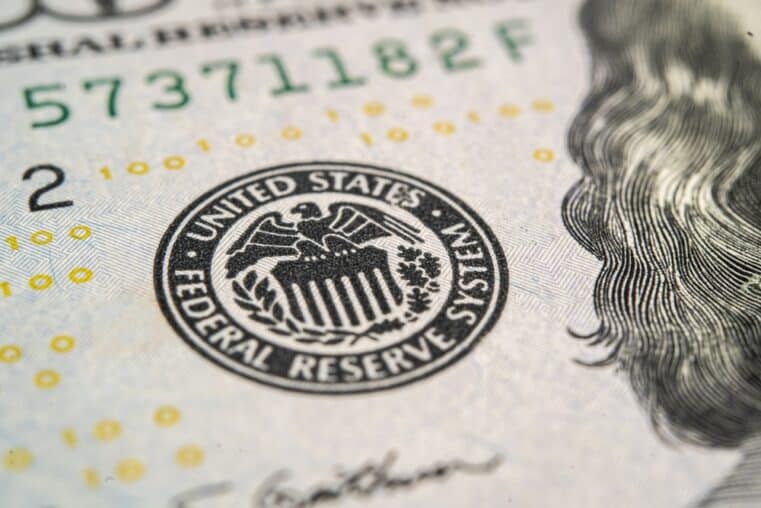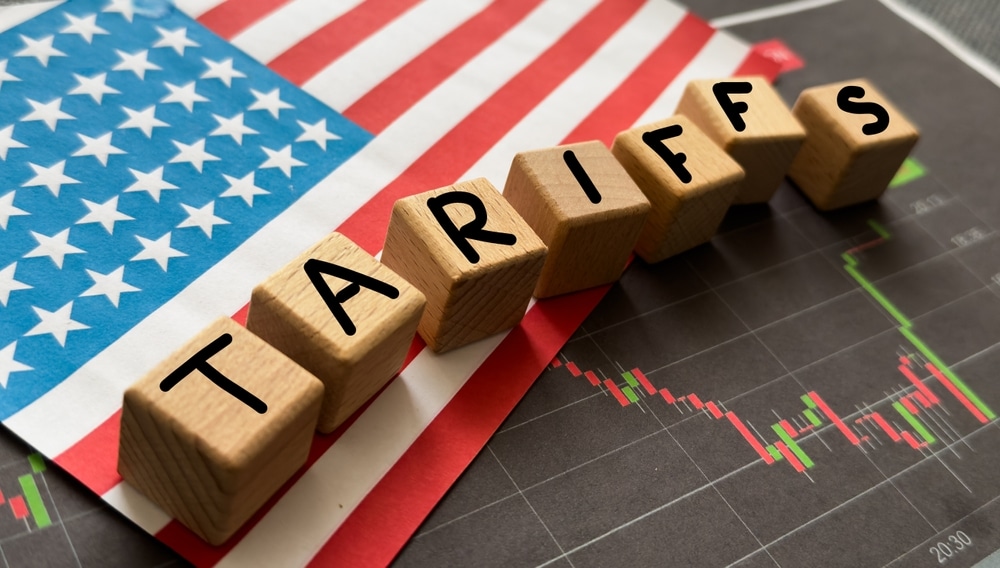
When Bankers Become Thieves: $8.8 Million Stolen by Those Paid to Protect It
Banks Are Not Your Friends—And This Scandal Proves It
They market themselves as guardians of your savings—respectable, trustworthy, and heavily regulated. But behind the marble counters and polished smiles, there’s a rot that runs deeper than most want to admit.
The latest example? A fraud ring that stole nearly $9 million from elderly Americans in a multi-state operation—an inside job facilitated by the very people entrusted to protect those funds.
Three bank employees in Maryland—Barbara Frazee, Camala Shafer, and Antonio Penn—didn’t just bend the rules. They allegedly shattered them, handing over sensitive customer data to criminals via encrypted messaging apps like Telegram. With names, birthdates, Social Security numbers, and account details in hand, these co-conspirators drained seniors’ savings—undermining lifetimes of financial discipline in mere minutes.
Operation Teller-to-Telegram: A Blueprint of Institutional Failure
Let’s call this what it is: not a rogue event, but a systemic vulnerability.
The suspects—eight in total—now face a mountain of charges, including racketeering and criminal use of personal information. But don’t be lulled into thinking justice here is a victory. The real crime is that this kind of breach was even possible.
How does a system supposedly built on regulation and oversight allow tellers to moonlight as identity traffickers?
Here’s how:
- Over-centralization breeds complacency.
- Regulators are often asleep—or worse, in bed—with the institutions they’re meant to police.
- The illusion of security makes the public docile and distracted.
And let’s not forget—the victims here weren’t careless. They didn’t fall for some phishing scam. They were betrayed by the very infrastructure they were told was “safe.”
The Real Danger: Quiet Corruption That Destroys Lives
This isn’t just about the $8.8 million. It’s about the slow, silent decay of trust. About how "minor" corruption at the institutional level has major consequences for real people—especially those most vulnerable.
Imagine you’re 75, living off a fixed income. One day you discover your account has been emptied. The bank shrugs. The police give you paperwork. The justice system moves at glacial speed. Meanwhile, your retirement turns to ash.
This is not a glitch. It’s the natural outcome of a system designed for scale, not integrity.
Don’t Wait for the Next Scandal—Protect Yourself Now
The harsh truth? The rot in banking isn’t isolated. It’s structural. And if you think this is the last time internal corruption will devastate innocent lives, you haven’t been paying attention.
So what can you do?
- Reduce your exposure. Keep only what you need in traditional banks. Diversify across non-bank financial tools, physical assets, and decentralized alternatives.
- Go analog where it matters. Keep hard copies of key account information. Monitor your balances like a hawk. Don't rely on “automatic fraud detection” to catch what insiders enable.
- Think sovereignty, not safety. The more centralized and digital the system becomes, the more vulnerable you are to breaches—intentional or otherwise.
Final Thought: They’re Not Just Holding Your Money—They’re Holding Your Future
The banking system thrives on your trust. But trust is not a strategy. It’s a gamble.
And when tellers become traffickers and your life's savings are a Telegram message away from vanishing, it’s time to ask: Do you really trust your bank—or have you just run out of better options?
Take Action Now:
Download my free digital guide, Seven Steps to Protect Your Bank Accounts, and learn how to guard your savings before you're the next target.
For deeper insight into how the system is rigged and what you can do about it, grab a discounted hardcover of The End of Banking as You Know It by Bill Brocius.
Because the next scam isn’t a question of if. It’s when.










